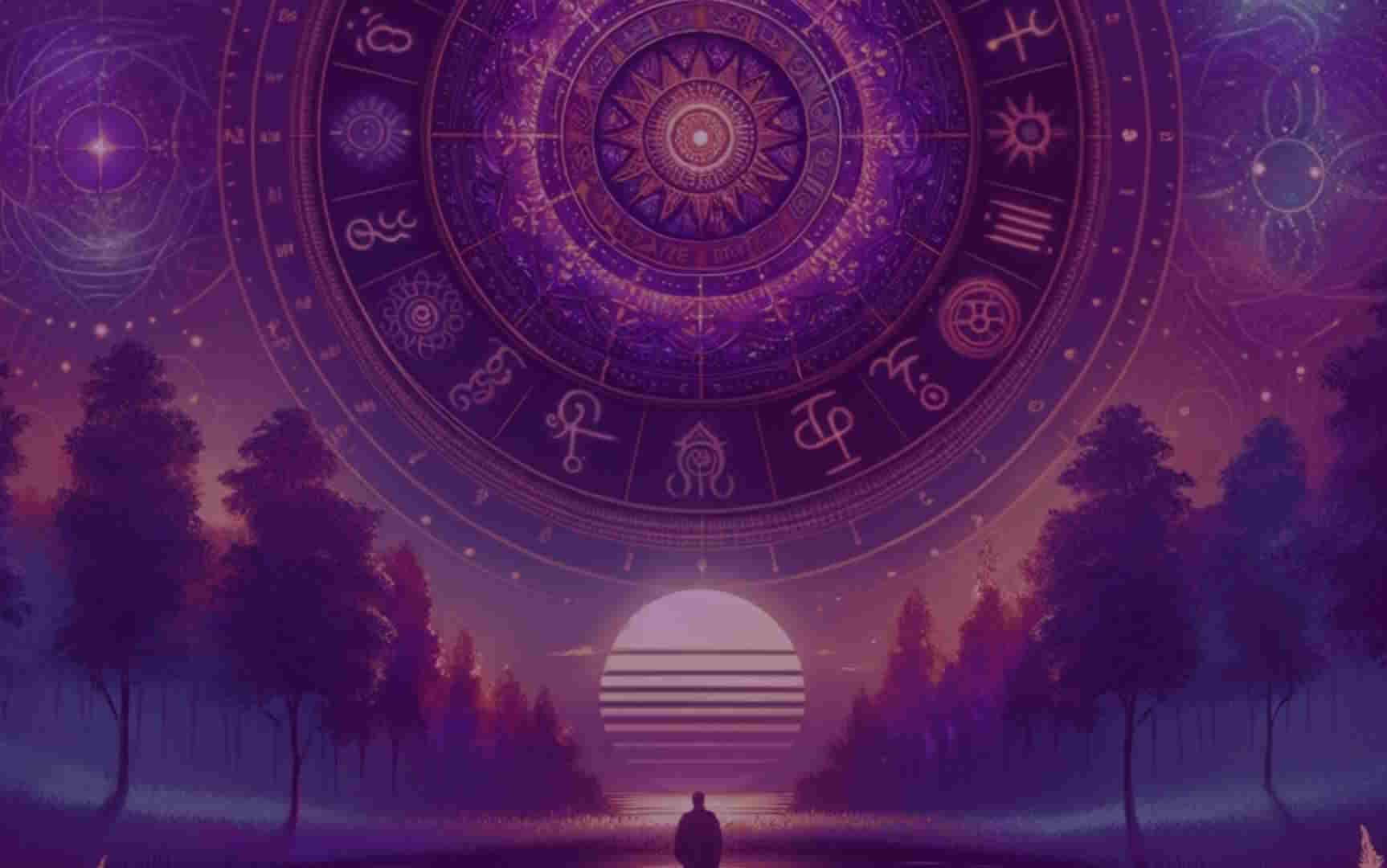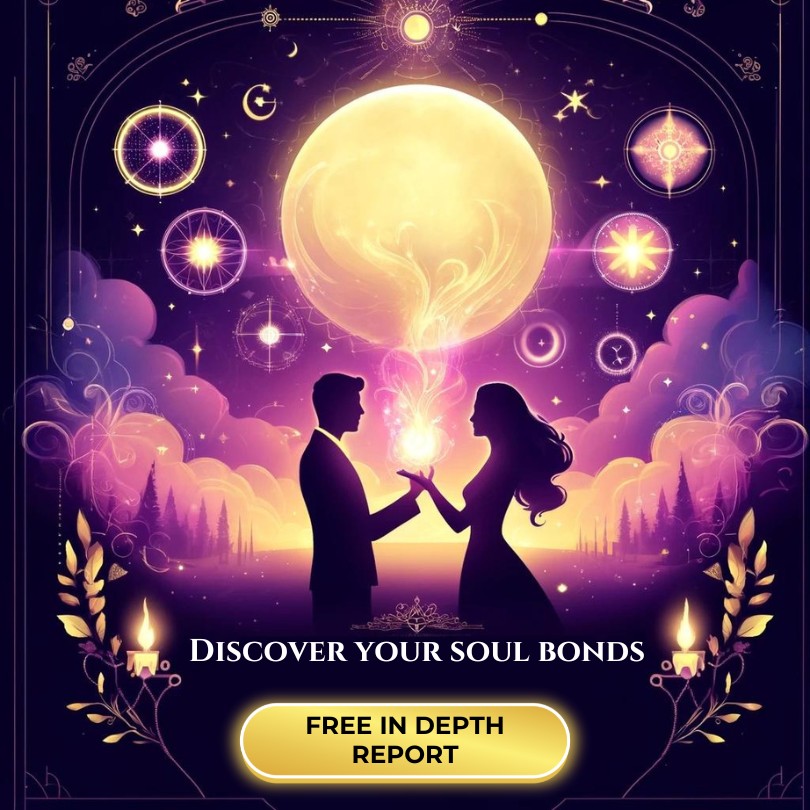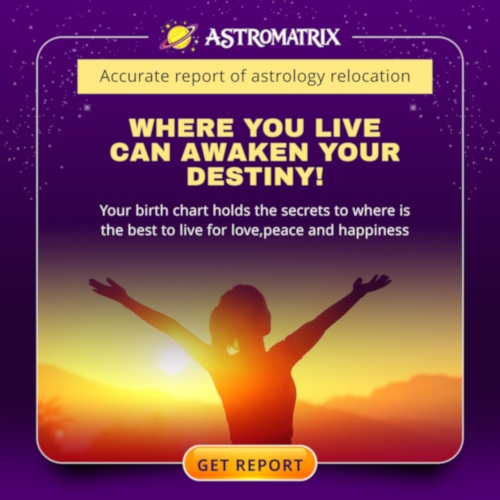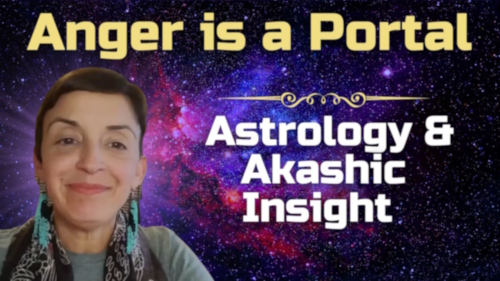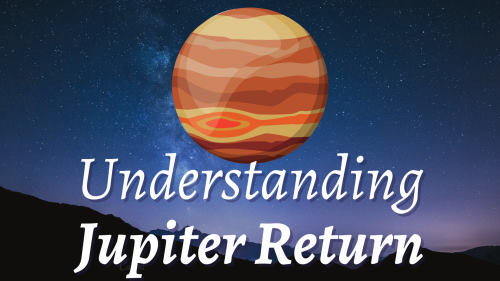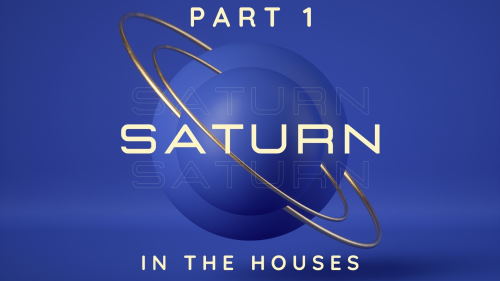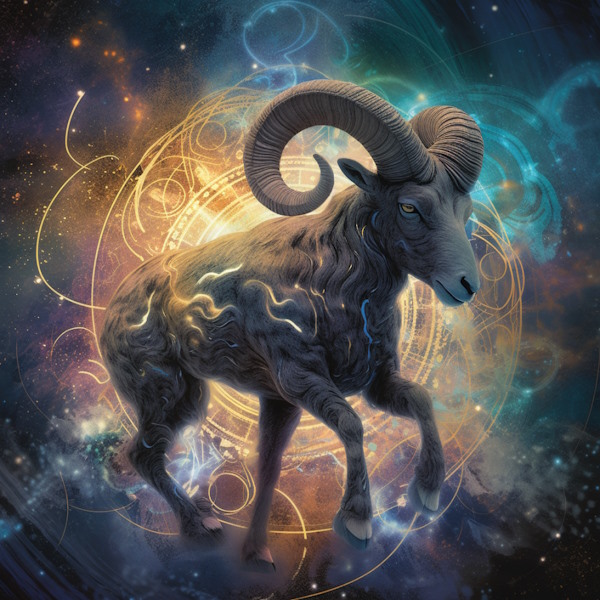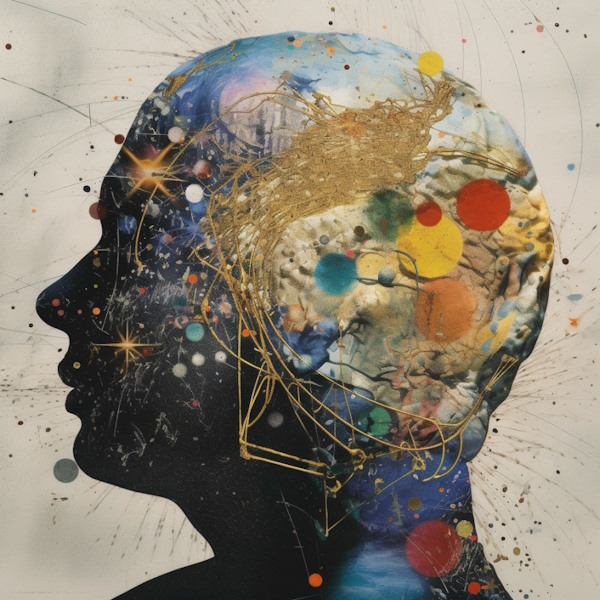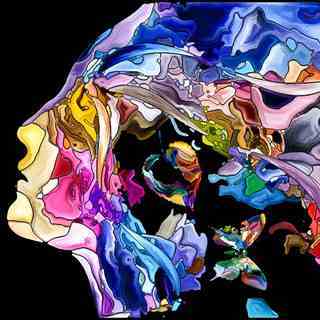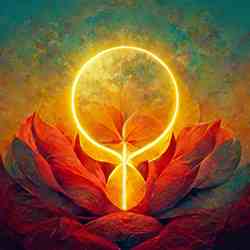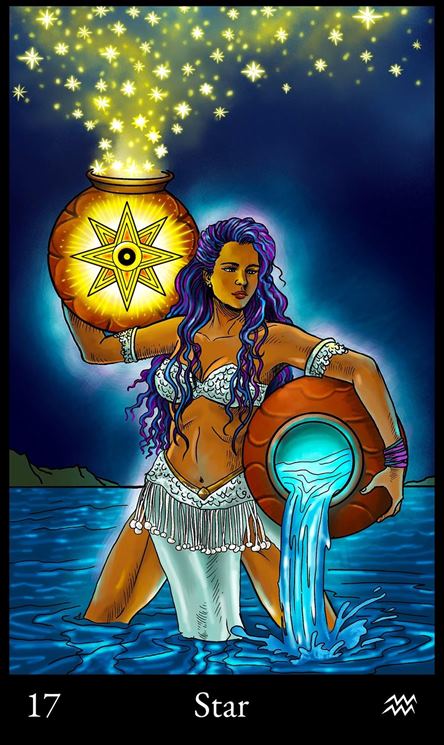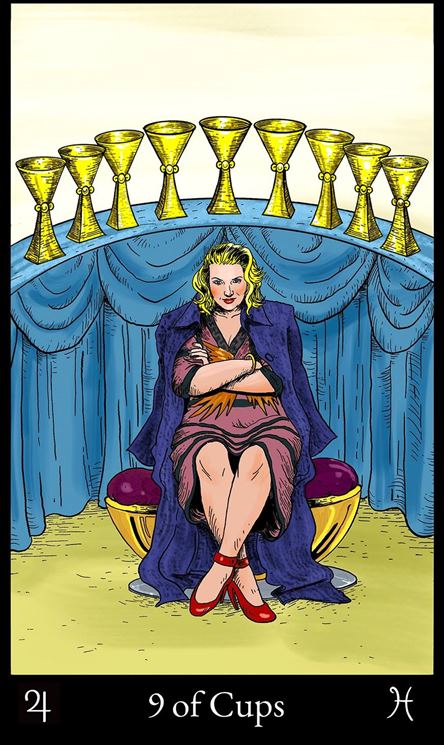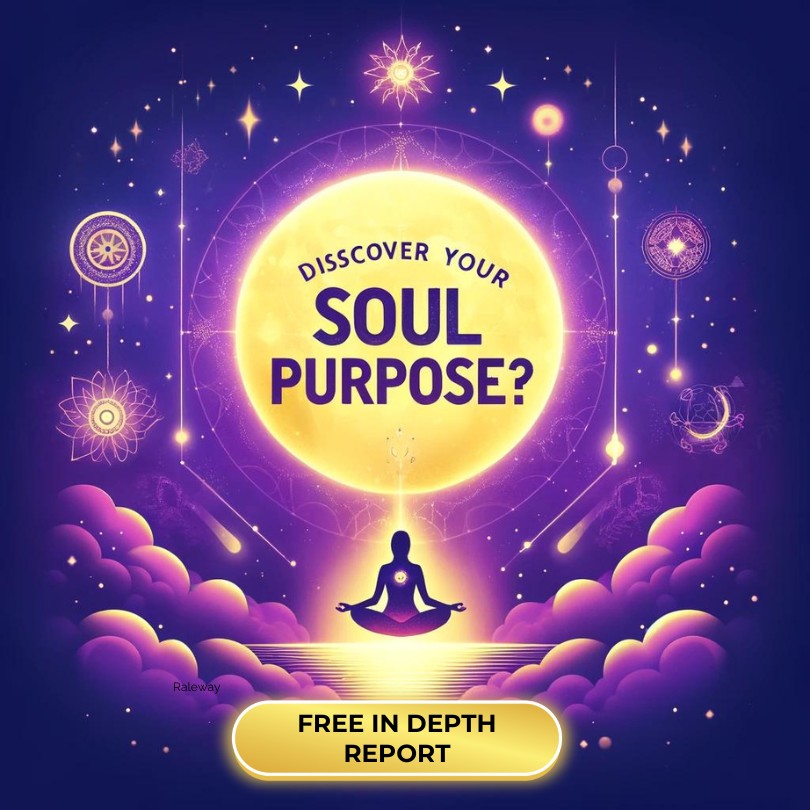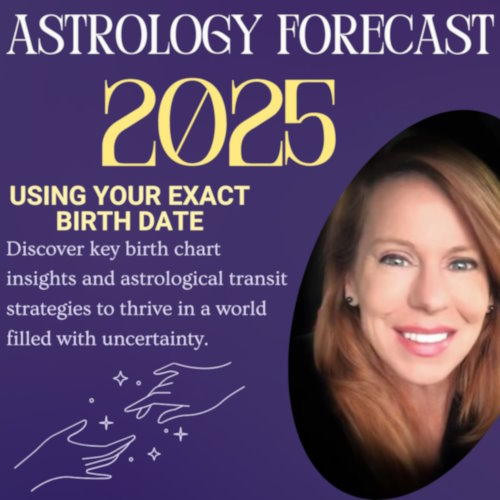Juno Sesquiquadrate Chiron ~ Planet Aspects
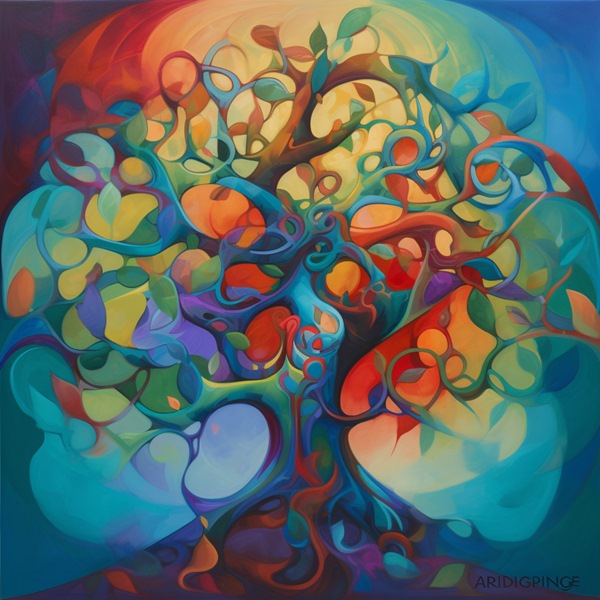
"I am capable of embracing my past wounds, allowing them to shape me into a stronger and more connected individual."
- Healing past wounds
- Exploring relationship complexities
Juno Sesquiquadrate Chiron Opportunities
- Embracing vulnerabilities in relationships
- Uncovering patterns in partnerships
Juno Sesquiquadrate Chiron Goals
Juno Aspects
Juno: The Covenant of Partnership
In the natal chart, Juno, named after the Roman goddess of marriage and commitment, signifies the nature of one's ideal partnership and the qualities one values in long-term commitments. It delves deeper than just romantic inclinations, revealing insights into how an individual perceives loyalty, what they expect in terms of fairness within a union, and their innate approach to contracts, be they marital or otherwise. Juno's position by sign can indicate the kind of partner one is drawn to or the style of partnership that resonates most deeply. For instance, Juno in Leo might seek a dramatic, passionate, and loyalty-driven relationship, while Juno in Gemini might prioritize intellectual rapport and communication.
Juno's Sacred Vows
Beyond sign placement, the house Juno occupies shows the arena of life where one seeks deep commitment and where themes of contractual bonds might play out. For instance, Juno in the 10th house might indicate a person whose commitment is closely tied to their career or public life, perhaps suggesting business partnerships or a marriage that holds significant public importance. Aspects to Juno, whether harmonious or challenging, reveal nuances in how one navigates long-term commitments. A square to Venus might suggest tensions in balancing personal desires with partnership obligations, while a trine to Mercury could point to a harmonious communicative bond with a partner. Juno's intricate dance in the natal chart sheds light on the sacred vows one is inclined to make and the nature of the unions one seeks.
Juno Sesquiquadrate Chiron Meaning
As Juno, the symbol of partnership, forms a sesquiquadrate aspect with Chiron, the wounded healer, you may find yourself exploring the complexities of relationships and the deeper wounds that can arise within them. This aspect invites you to reflect on how your past experiences of pain and vulnerability impact your ability to connect with others.
Instead of viewing this aspect as a predetermined challenge, consider it as an opportunity for growth and healing. You have the chance to delve into the wounds that may have caused you to fear intimacy or struggle with trust. By acknowledging and addressing these wounds, you can begin to cultivate a healthier and more fulfilling approach to partnerships.
Consider the following question: How can you embrace your vulnerabilities and past wounds in order to cultivate deeper, more meaningful relationships? Reflecting on this question can help you uncover the ways in which your past experiences may be shaping your current patterns in partnerships.
Remember, this aspect is not a sentence to perpetual suffering, but rather an invitation to explore and heal. By diving into the depths of your emotional landscape and seeking support when needed, you can pave the way for more authentic and fulfilling connections in your life.
Juno Sesquiquadrate Chiron Keywords
For more information on your birth or transit aspects to discover your true potential, check out our captivating, interactive, and completely free love report. Learn how your empathetic nature shapes your interactions and enriches your relationships.
Our intuitive, user-friendly layout guides you through each aspect of your spiritual vision, making it effortless to pinpoint areas where you might need guidance in decision-making. By using your precise birth details, we ensure unmatched accuracy, delving deeper with the inclusion of nodes and select asteroids. Experience insights and revelations far beyond what typical reports and horoscopes offer.


